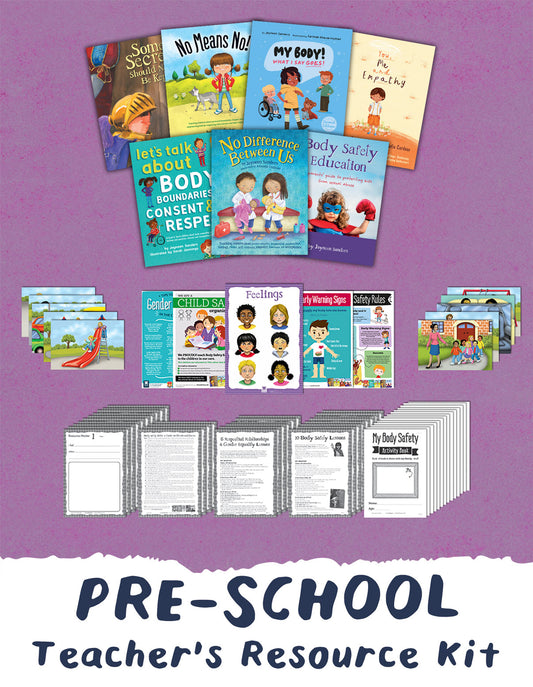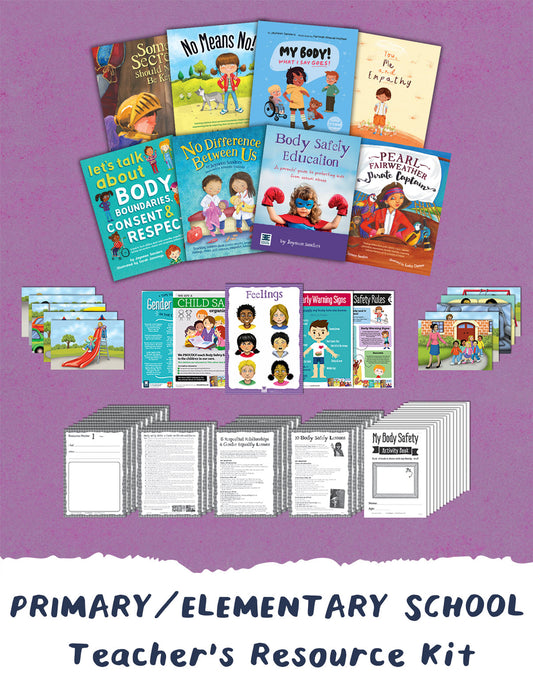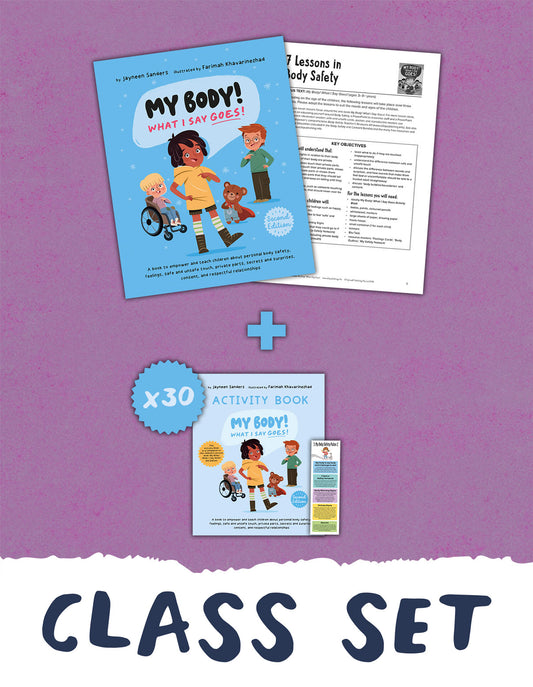1. You are incredibly powerful. You can make an enormous difference to a child’s self-esteem, confidence and well-being. Talking to and treating a child with respect is key to them developing self-belief. You have an opportunity every single day to enhance a child’s self-confidence.
2. It’s the little things that matter. Asking a child how they are, and really listening to their reply is super important. Making that child (and every child) feel like they matter is powerful. So kneel down, place yourself at their level and listen. Try to understand the world from their perspective and always choose compassion over judgement.
3. Develop an ‘empathy’ classroom where everyone is valued and kindness is key. Model empathy, kindness and compassion because they will be watching and learning from you.
4. As a beginning teacher, I asked a more experienced peer, ‘How am I ever going to teach these kids to read?’ Her reply, ‘Surround them in books, lots and lots of books, all sorts of books because different kids like different kinds of books, visit the library regularly as a place of awe and learning; and read, read, read to them every single day so they know you love reading just as much as they will!’
5. When teaching kids their first 100 words build them into stories. It is so difficult for many children to learn these words in isolation. Make sure you add context and images. See this link Learning the First 100 Sight Words for an article specifically on this topic and check out the Wonder Words: teaching children their first 100 sight words in stories included in Engage Literacy (published by Capstone Classroom).
6. Relax. Your kids WILL learn. Enjoy the time you get to spend with them as they explore the wonders of learning and childhood. A child may not remember specific lessons you taught them but they will remember how you made them feel.
7. Find time every day to practice 10 to 20 minutes of mindfulness with your class. In a world crazy with technology make sure you find time for your kids to unwind and to be still. It is important for their busy bodies and busy brains as well as their future selves.
8. Ensure your kids learn through exploration and play. Take that time to go outside and walk around the school grounds. Reflect on what they saw and discovered. Let those kids who want to put on a play, put on a play. It may not be the best performance but your kids will learn invaluable skills in communication, negotiation and working as a team. Self-directed leaning is never a waste of time.
9. Encourage kids to have passion projects. For older classes, when their general classroom work is complete, allow them the time to research, investigate and present their passion project. Who knows what this may spark for the future!
10. Give all kids a voice in your classroom. They should feel confident to speak up without judgement from any member of the class.
11. Think of each child as an individual with individual needs, ideas and interests. Keep this in mind even when teaching to the whole class.
12. Take time out for yourself. Some of the best teachers I know quit teaching because they were, quite simply, exhausted. Do the best job you can, have a massive sense of humour (you WILL have many funny instances because kids don’t hold back) but make sure you take care of yourself along he way.
Enjoy your teaching because kids are awesome and they will be the adults of the future. You have the chance to shape a more kinder, inclusive and compassionate society. And that’s amazing!
Jayneen Sanders (aka Jay Dale) is an experienced teacher, author, mother of three, and a passionate advocate for empowering children through discussions on social and emotional issues, respectful relationships and personal body safety. Jayneen’s work can be found at www.e2epublishing.info




